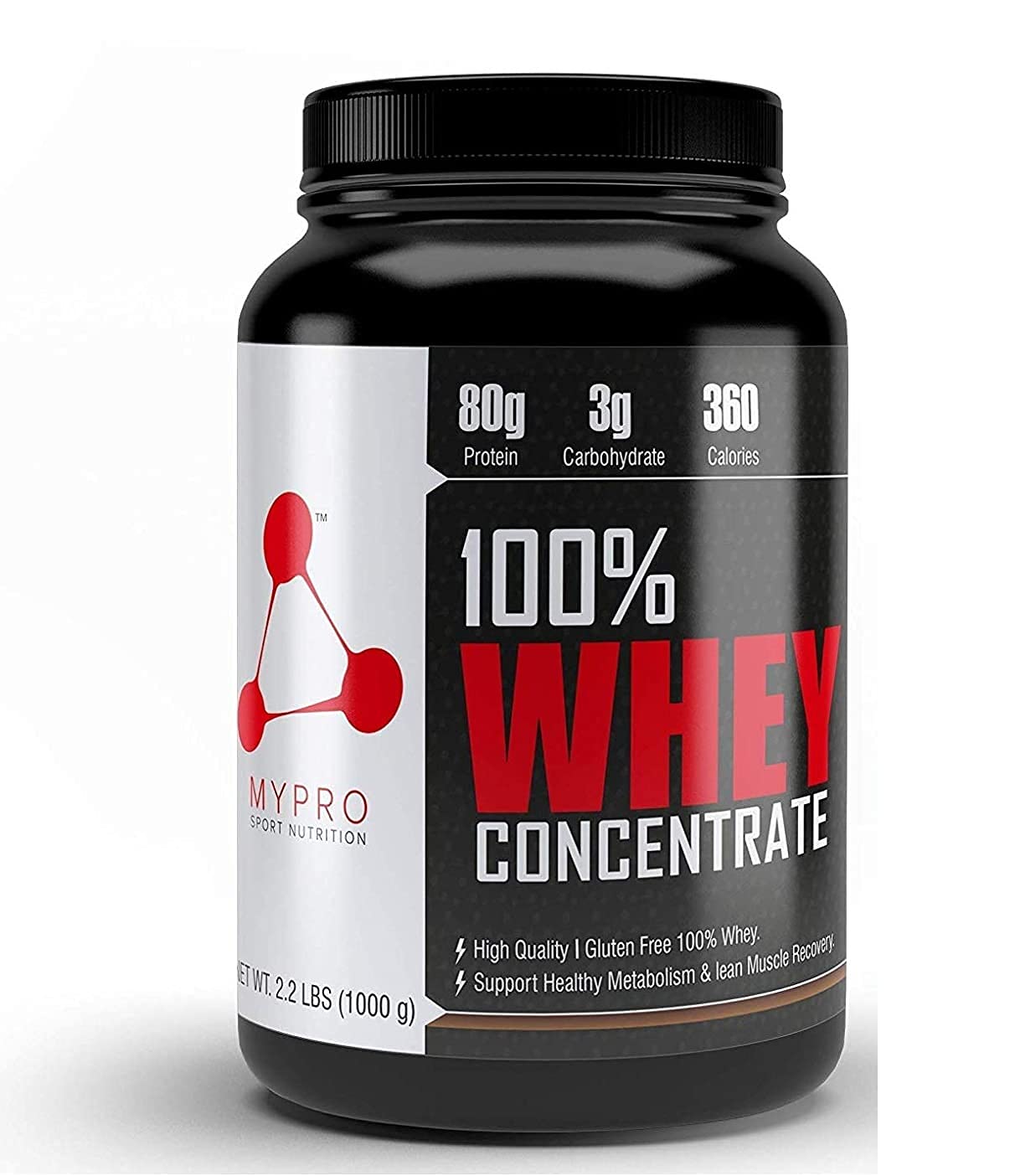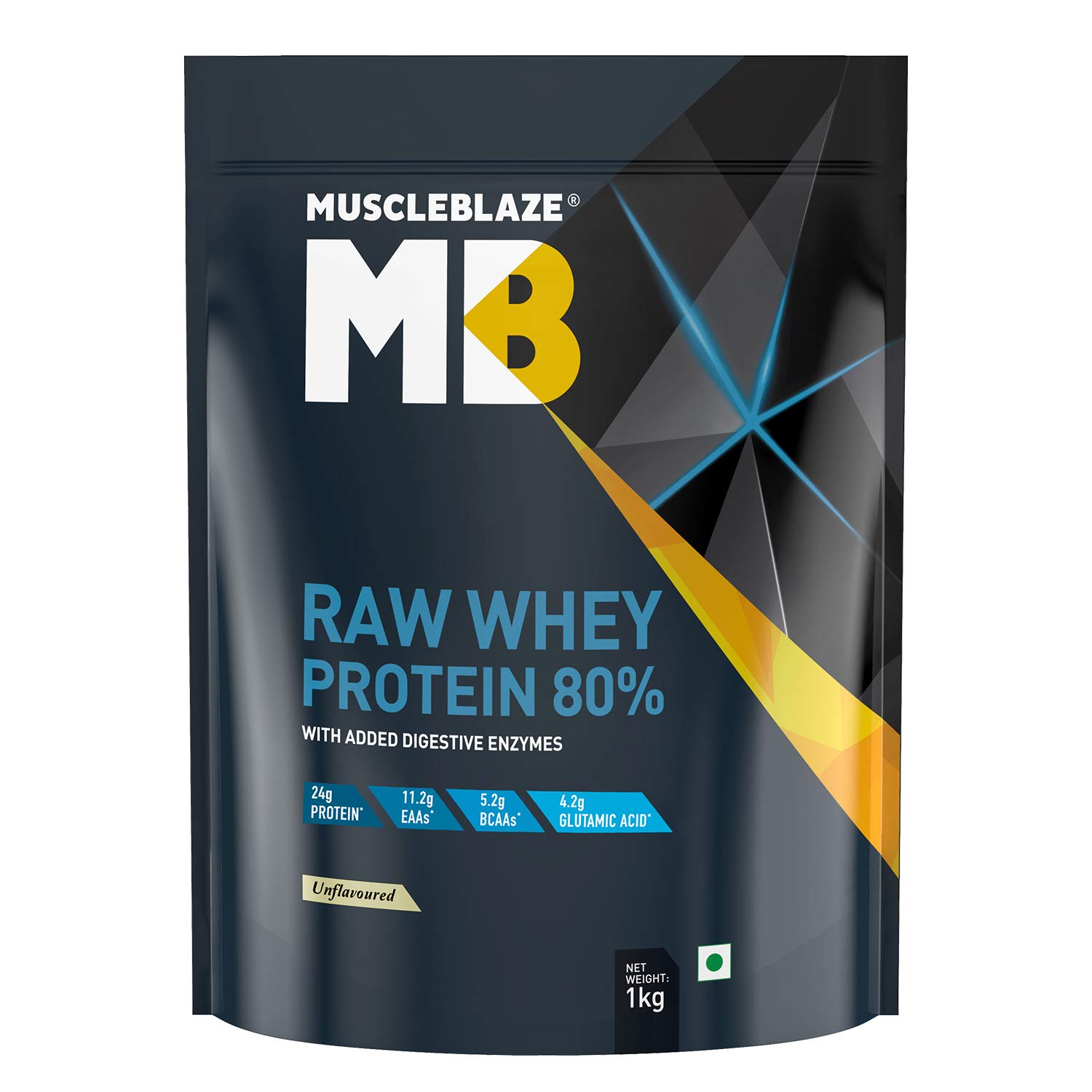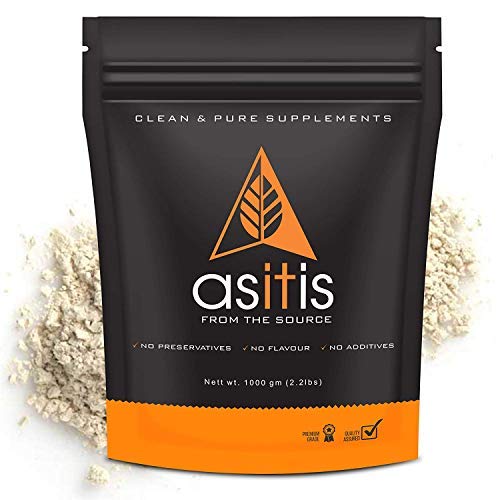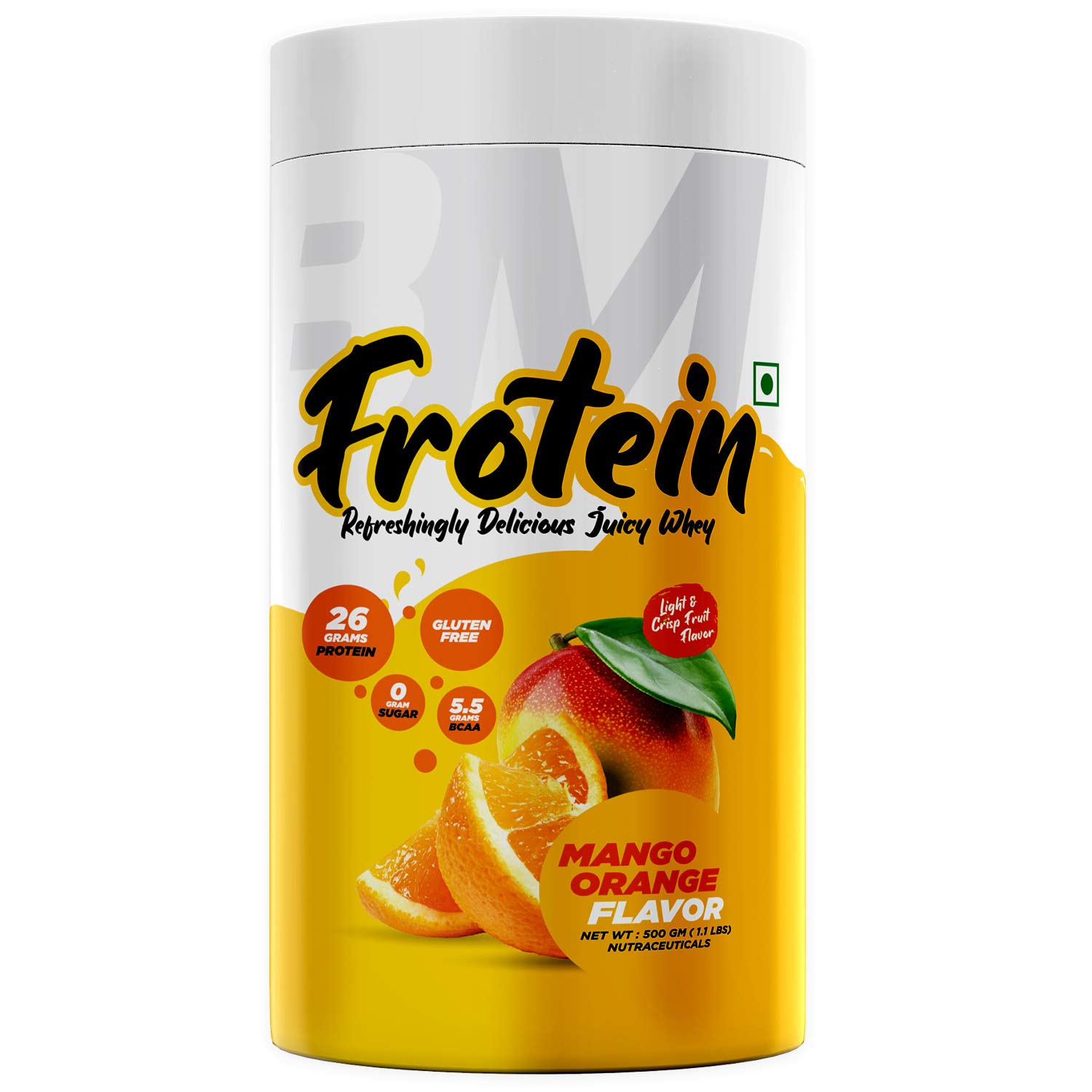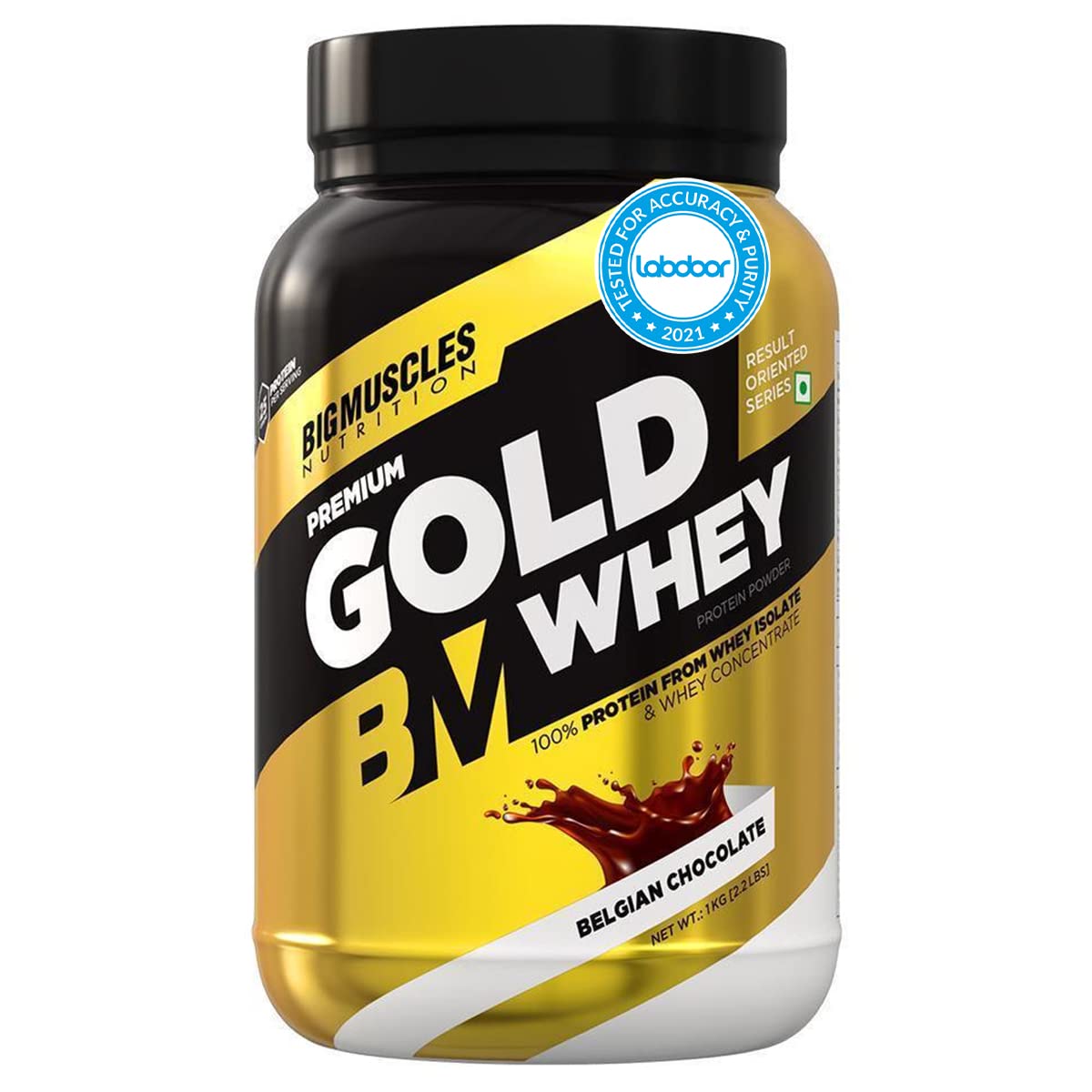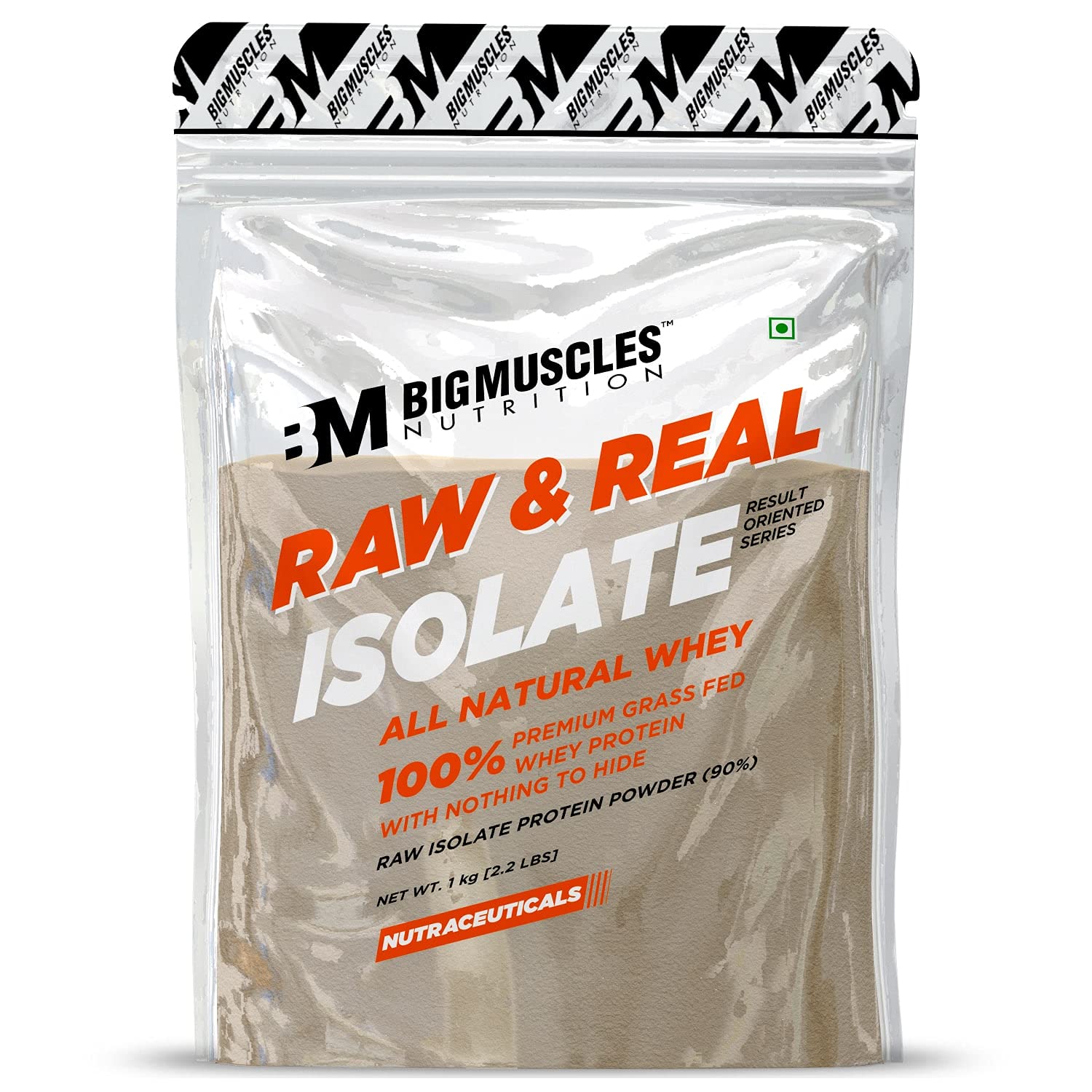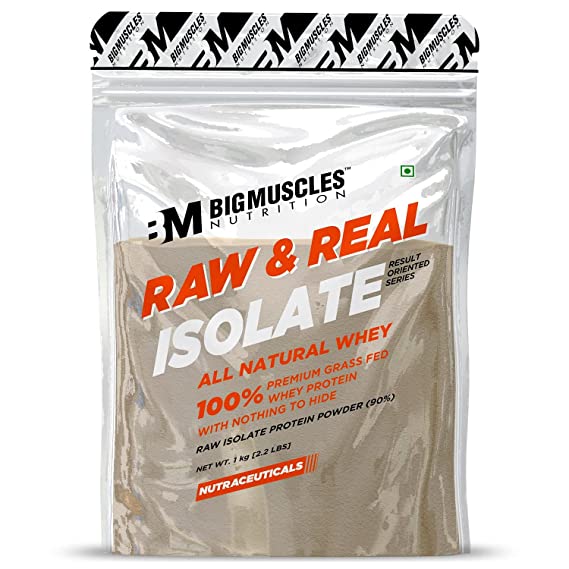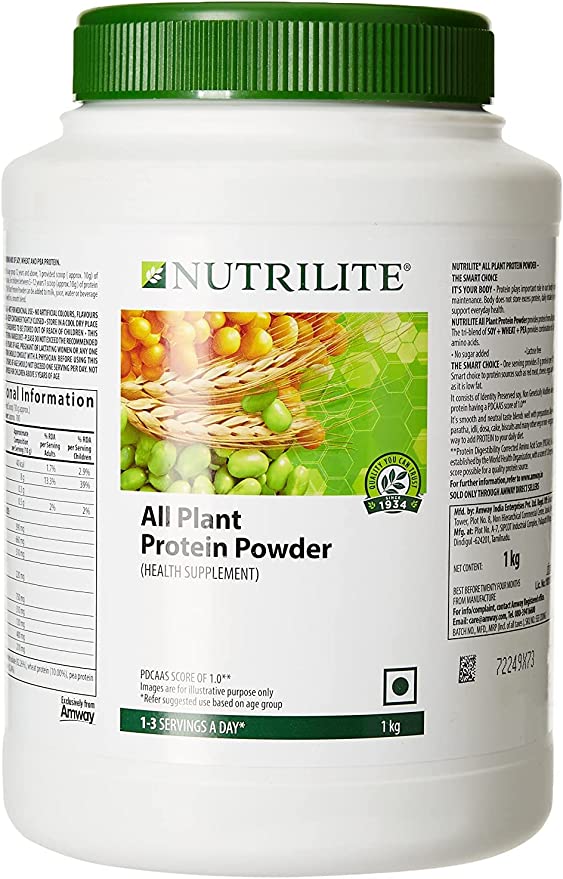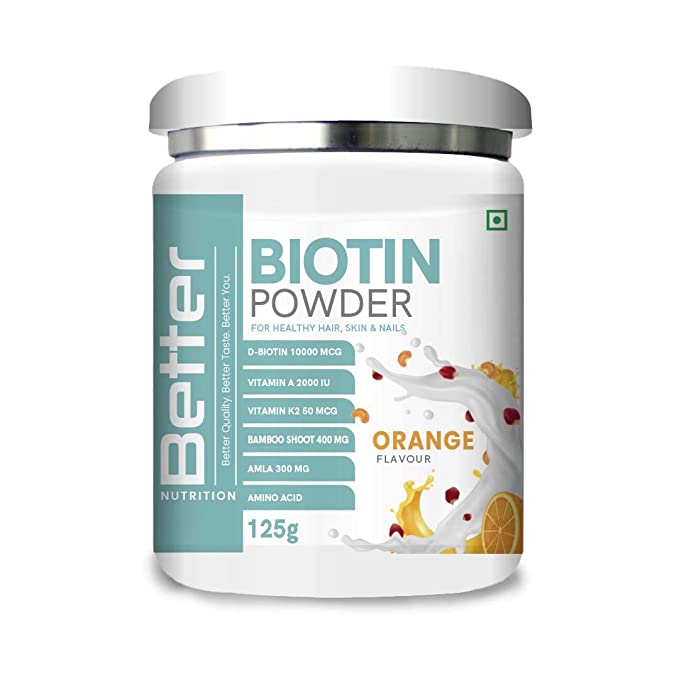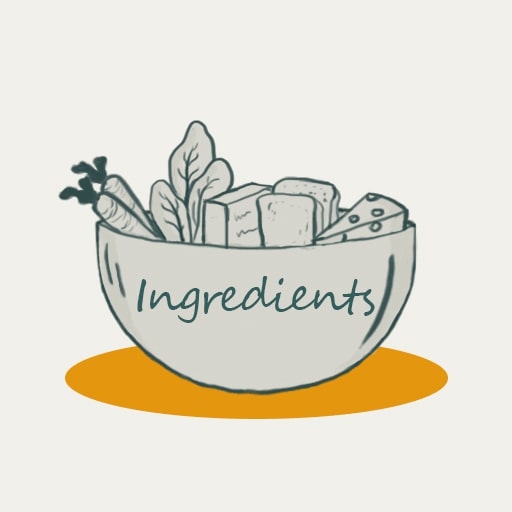Threonine
Macronutrient
Last update date: October 11, 2023
Threonine is an essential amino acid. It aids in the synthesis of proteins, particularly, mucin. It is present in sufficient amounts in foods like lean beef, pork, cheese, tofu, sunflower seeds, flax seeds, and nuts like cashews, almonds, and pistachios.
Frequently Asked Questions
1.
What is Threonine?
Threonine is an essential amino acid, which means that your body cannot produce it on its own, and it must be obtained through your diet. It is a building block of proteins and plays a vital role in various bodily functions. Threonine is involved in the production of collagen and elastin, important for maintaining healthy skin and connective tissues. It also supports immune system function and contributes to the proper functioning of muscles and the nervous system.
2.
What is positive impact of Threonine?
Threonine has shown potential benefits in certain conditions, although further research is needed for conclusive evidence. In cases of familial spastic paraparesis (FSP), early studies suggest that taking 1.5 to 2 grams of threonine orally three times a day may lead to some improvement in symptoms like weakness and stiffness in the legs. However, the degree of improvement appears to be relatively modest. For individuals with multiple sclerosis (MS) or muscle control disorders characterized by spasticity, early research indicates that threonine supplementation does not significantly reduce muscle stiffness.
3.
Who should avoid Threonine?
Threonine is an essential amino acid required by the body, and there are no specific populations that need to avoid it. However, individuals with certain medical conditions or allergies should exercise caution and consult a healthcare professional before considering threonine supplementation. If you have any underlying health conditions or are taking medications, it is important to seek medical advice to ensure threonine supplementation is suitable for you. Your healthcare provider can provide personalized recommendations based on your specific needs and circumstances.
4.
What are common sources of Threonine?
Including threonine-rich foods in your diet is an effective way to ensure an adequate intake of this essential amino acid. Here are some common food sources of threonine: Turkey: Turkey is a lean source of protein and provides a significant amount of threonine. Soy Products: Foods like tofu, soy milk, and tempeh are excellent plant-based sources of threonine. Lean Beef: Lean cuts of beef, such as sirloin or tenderloin, contain substantial amounts of threonine. Chicken Breast: Chicken breast is a lean protein option that is also rich in threonine. Parmesan Cheese: Parmesan cheese is a tasty source of threonine, but remember to consume it in moderation due to its high calorie content. Pork: Pork, particularly lean cuts like pork tenderloin, provides threonine along with other essential nutrients.


